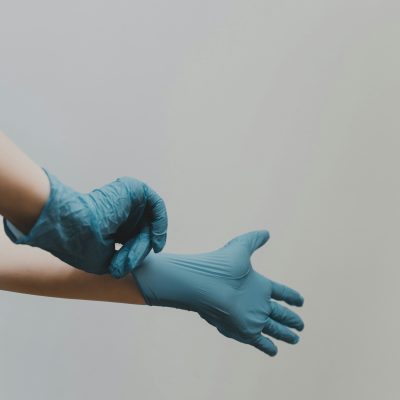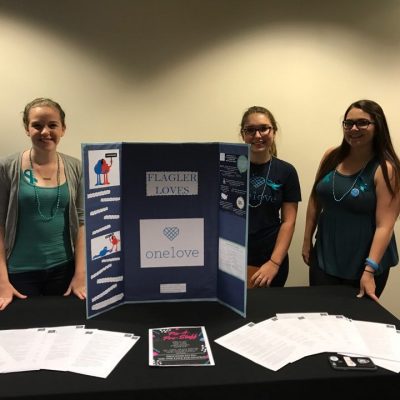Article
Ameli’s Action Project was inspired by the pervasive mistreatment of intersex people in both sociopolitical and medical contexts. While substantial research exists documenting the harms faced by intersex individuals, there was little work exploring healthcare providers’ own knowledge, perceptions, and biases. Additionally, Ameli was motivated by personal and professional experiences of witnessing this injustice and recognized the urgent need to investigate the gaps in medical understanding, aiming to improve care and reduce harm.
“Healthcare providers do not want to oppress people, but the industry as a whole was initially designed to do so,” Ameli explains.
Project Development
Ameli developed the Action Project by designing a research study that could assess healthcare providers’ knowledge and perceptions without challenging their competency. The project incorporated insights from medical and advocacy literature, applying frameworks such as the social-ecological model, Social Determinants of Health, and Bias Literacy Framework. Expert input and community feedback were solicited from intersex advocacy organizations, academic advisors, and medical sociologists to ensure the study was relevant, ethical, and sensitive. Resources included a small team provided by Trans-WA, university IRB approval, and extensive collaboration with experts.
Implementation
The study was implemented in phases:
- Instrument Calibration: A small group of providers was interviewed to test survey comprehension and relevance.
- Data Collection: Surveys were distributed to healthcare providers in the U.S. to identify knowledge gaps, perceptions, and common misconceptions about intersex traits. Participants could provide feedback and request final study results.
- Informational Material Generation (Pending): Materials will be developed based on Phase Two results, with iterative feedback to ensure accessibility, relevance, and emotional sensitivity.
Collaboration with organizations and international academic experts was essential to maintain rigor and credibility.
Throughout the project, challenges included limited funding, workload demands, and recruitment constraints. Collaboration with organizations like the MRKH Organization, Transgender Health and Wellness Center of Washington, and international academic experts was essential to maintain rigor and credibility.
Lessons Learned
Ameli’s project highlighted the importance of combining community input with academic research to address systemic biases. Key lessons include: the necessity of securing funding early, the value of iterative feedback loops with participants, and the importance of designing research that is both ethically sensitive and practically actionable. The project also reinforced the transformative impact of supportive, cross-cultural collaboration. “My main challenge was workload and funding,” Ameli admitted, noting this issue continues as the Action Project heads to its third phase.
Next Steps
Future phases will expand data collection, develop and assess educational materials tailored to healthcare providers, and address localized knowledge gaps. Sustained funding and broader organizational collaboration are critical for scaling the impact. Interested contributors or partners can contact Ameli directly to participate in ongoing work.
Updated September 2025




